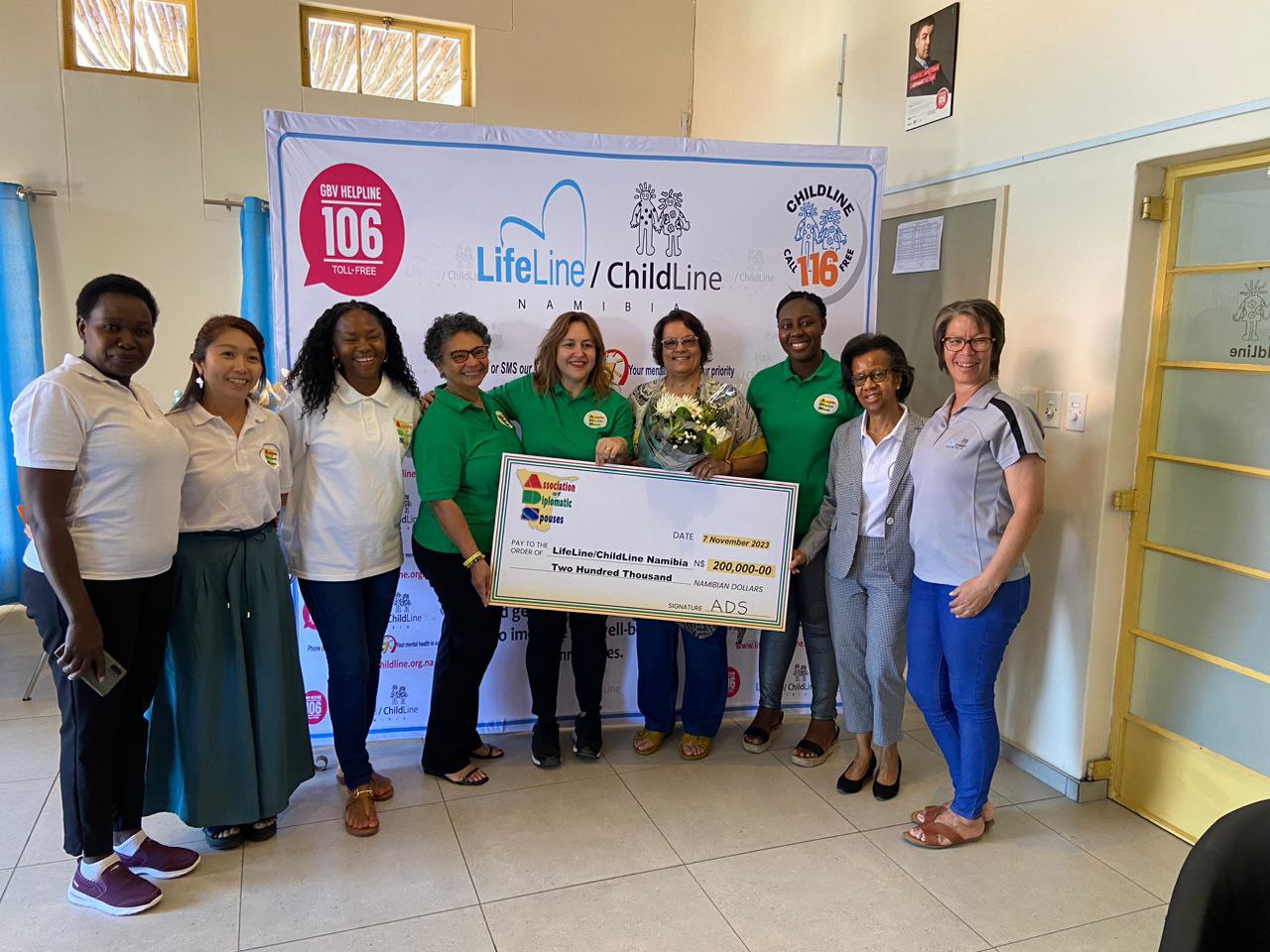LLCL NAMIBIA STRATEGIC GOAL 2: COUNSELLING AND GENDER
Collaborate with partners in mainstreaming gender-transformative approaches, in the fight against GBV, VAC and HIV/AIDS with joint capacity strengthening activities.
LLCL NAMIBIA STRATEGIC GOAL 2: COUNSELLING AND GENDER
Collaborate with partners in mainstreaming gender-transformative approaches, in the fight against GBV, VAC and HIV/AIDS with joint capacity strengthening activities.
Austrian Development Agency-Donor
Impact: Increased gender equality and reduced GBV in Southern Africa.
MEA country secretariats and members have strengthened capacities to coordinate, implement, enhance and scale up their gender transformative approaches to GBV prevention and gender equal parenting, including greater accountability to women’s rights principles.
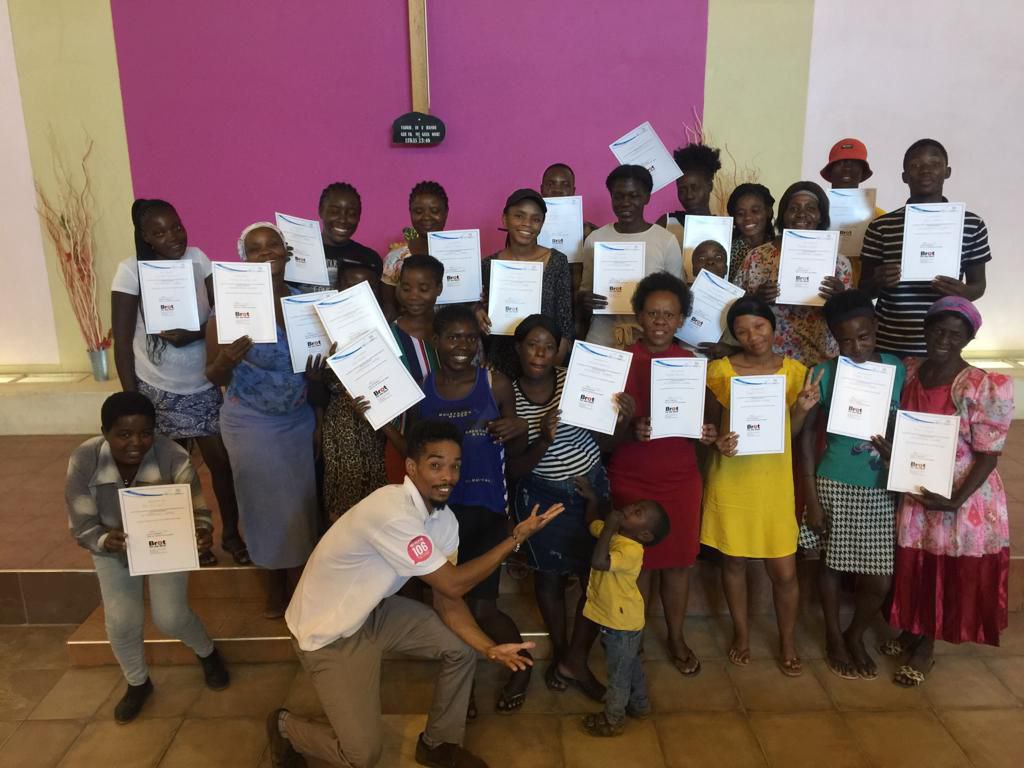
Capacity and commitment of religious and traditional leaders to address harmful social and cultural norms strengthened, linked to SADC Protocol on Gender and Development Art 20 (1) b: Develop strategies to prevent and eliminate all harmful, social and cultural practices such as child marriage, forced marriage, teenage pregnancies, slavery and FGM.
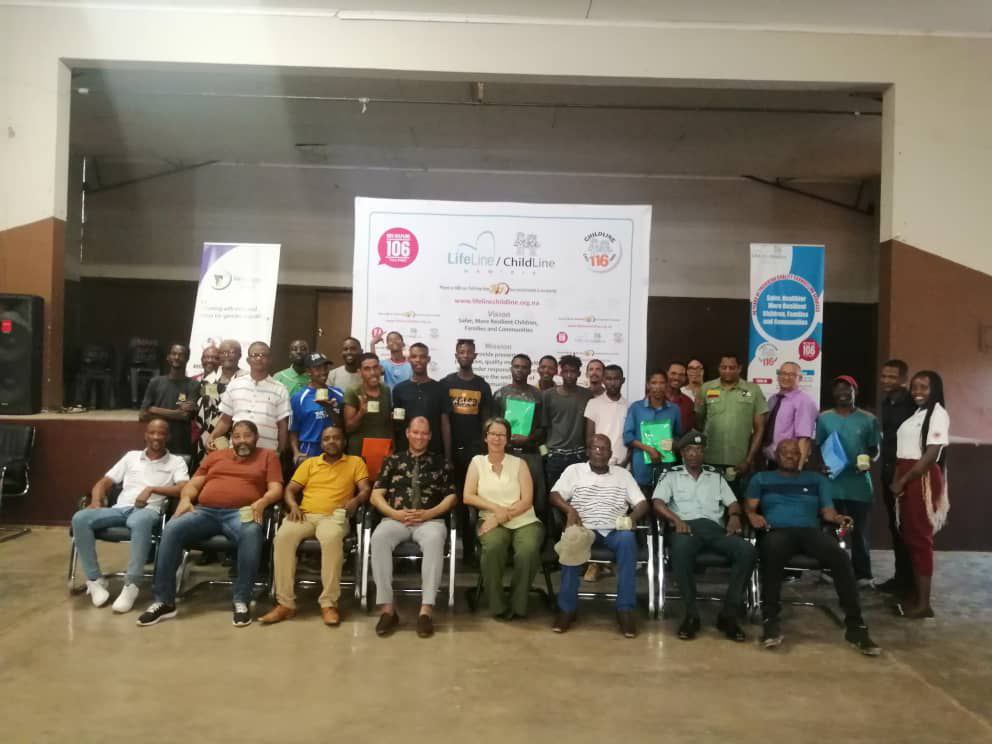
An increased body of evidence from MEA country secretariats and members on promising practices to transform gender norms is disseminated by MEA communication channels and SADC Gender Unit to MEA members, with expectation that MEA members will have increased knowledge about promising practices.
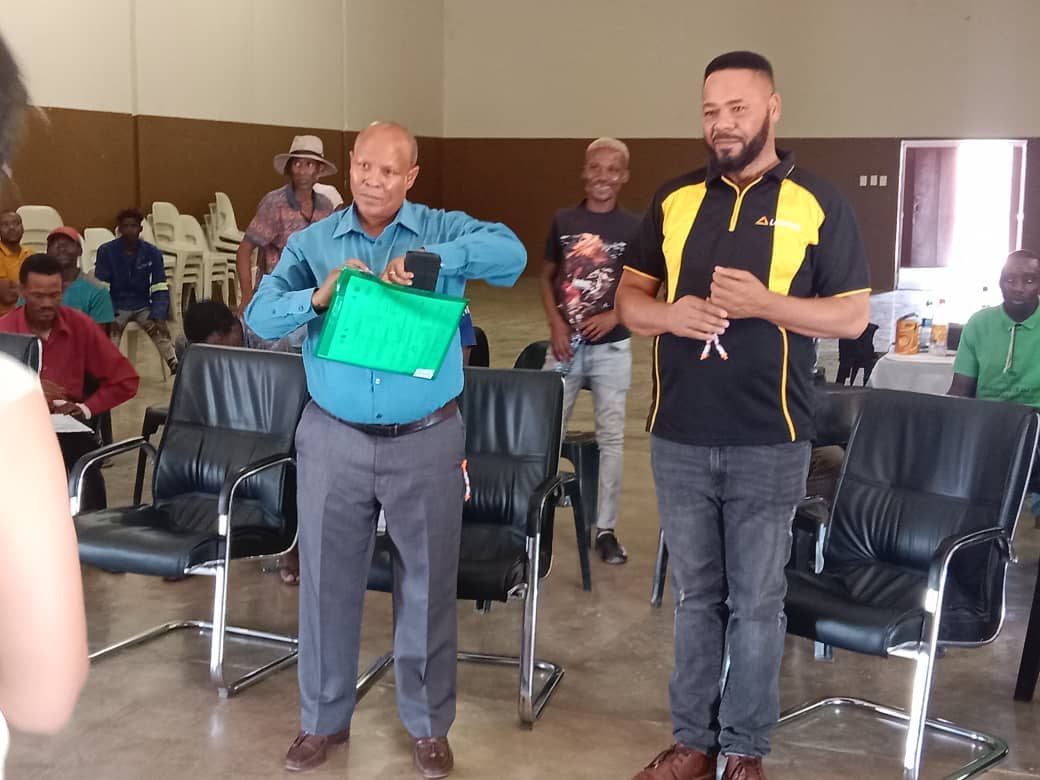
MEA country secretariats and members have influenced the development, implementation and monitoring of national and regional laws and policies that promote gender transformative strategies for gender equality and GBV prevention, including the adoption and implementation of the GBV Model Law at SADC level.
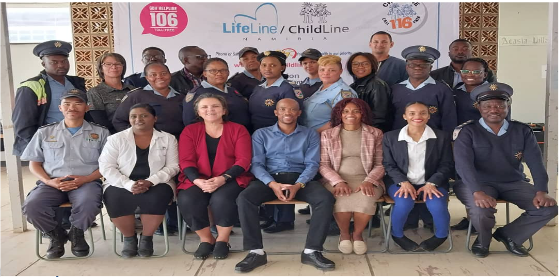
Sonke, MEA country secretariats and network members have provided technical input into national, regional and global policy processes, including SADC, CSW
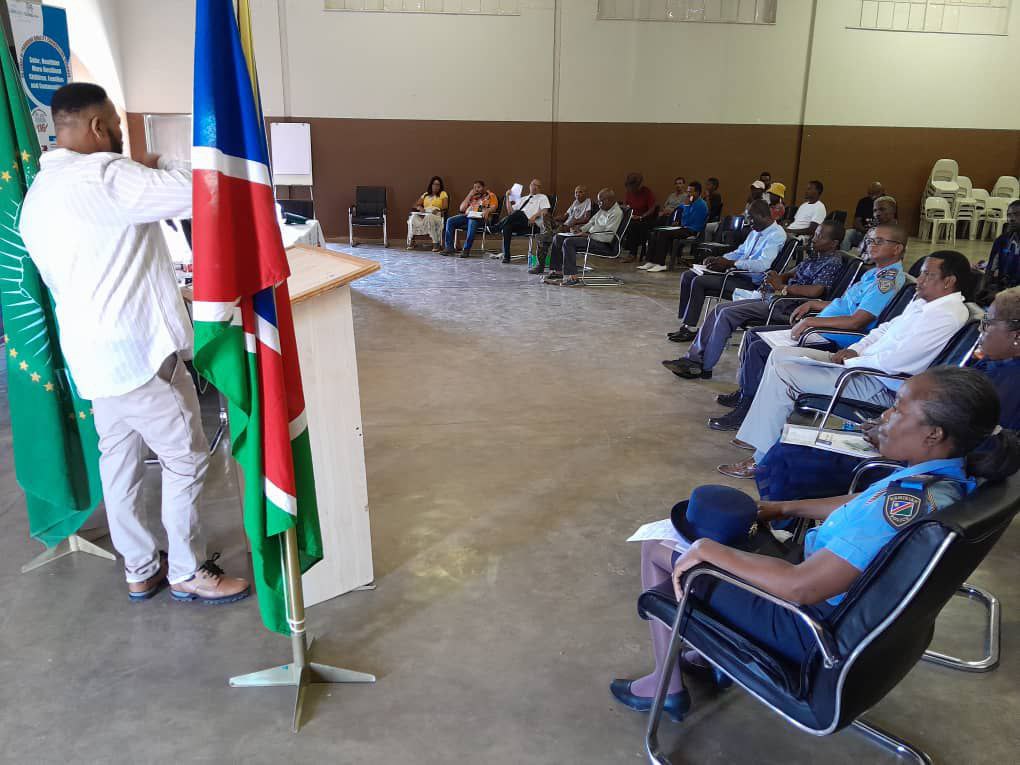
Sonke Gender Justice
To have an environment where men and boys in Namibia promote gender equality, and see themselves as change agents, advocates, partners and beneficiaries in the promotion of gender equality.
To build a MenEngage Namibia network of organisations with increased coordination, commitment and capacity to implement, document and advocate for effective, evidence- based and scaled-up interventions to engage boys and men in achieving gender equality.
Priority thematic areas for collaboration and partnership on engaging men and boys, women and girls, to promote gender equality including during Natural Disasters, conflict, and Diseases outbreaks includes but not limited:
MenEngage Namibia member organisations are motivated to work collectively based on the guiding principles outlined in Annex A. These core principles are understood as guiding the actions of all members of MenEngage at the national, regional and global levels. MenEngage Namibia also has a code of conduct addressing institutional and personal principles for membership, which all individual member organisations must agree to and sign.
MenEngage Namibia aims to achieve its work between 2018-2021 through the following objectives; To strengthen the MenEngage Namibia network. Whose member’s will implement coordinated programmes/activities on engaging men and boys to address gender-based violence, HIV and promote Sexual Reproductive Health and Rights. To strengthen strategic alliances between MenEngage structures in Namibia and other key partners, including especially government agencies, civil society organisations, individuals, development partners sport organisation and faith-based organisations, to carry out joint activities. To develop a shared policy and advocacy agenda on work with men and boys for gender equality in Namibia. To support research to build the evidence base to engage men and boys to reduce gender-based violence, prevent HIV and promote gender equality and equity. To support the operation of the ‘MenEngage National Training Initiative’, to provide training to MenEngage partners in how to enhance and scale up their work, apply evidence-based approaches to engage men and boys to reduce GBV, prevent HIV and promote gender equality and equity.
